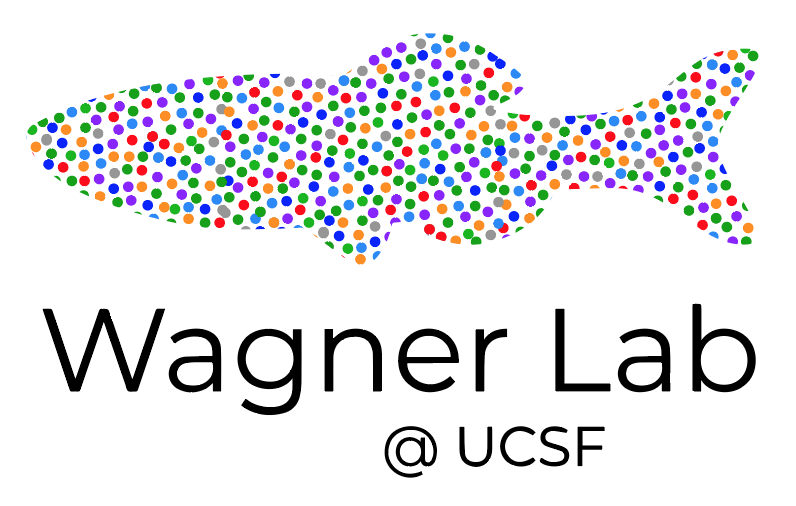Wagner Lab @ UCSF
One of the most profound feats of the natural world - the generation of an entire organism from a single cell - has captivated the imagination of biologists for centuries. Varied examples of this remarkable transformation abound - in embryos, in species capable of whole-body regeneration and, increasingly, in culture using stem cells. The process by which cells differentiate from uncommitted progenitors into specialized tissues and organs has historically been studied piecemeal, through fate mapping and lineage tracing experiments, as well as through the analysis of gene expression patterns and mutant phenotypes.
Recent technological advances in genomics and microfluidics have enabled us to begin constructing integrated, quantitative maps of embryonic development. We anticipate that such maps can serve as a foundation - much like a genome assembly - for organizing and relating orthogonal data types (e.g. gene expression and lineage) into a unified view of cellular differentiation. This view will link detailed measurements of cell behavior to measurements of cell state, drive gene discovery efforts, and enable quantitative comparisons between healthy and diseased tissues.
To learn more, check out our Publications or Research sections, or Contact Us!



